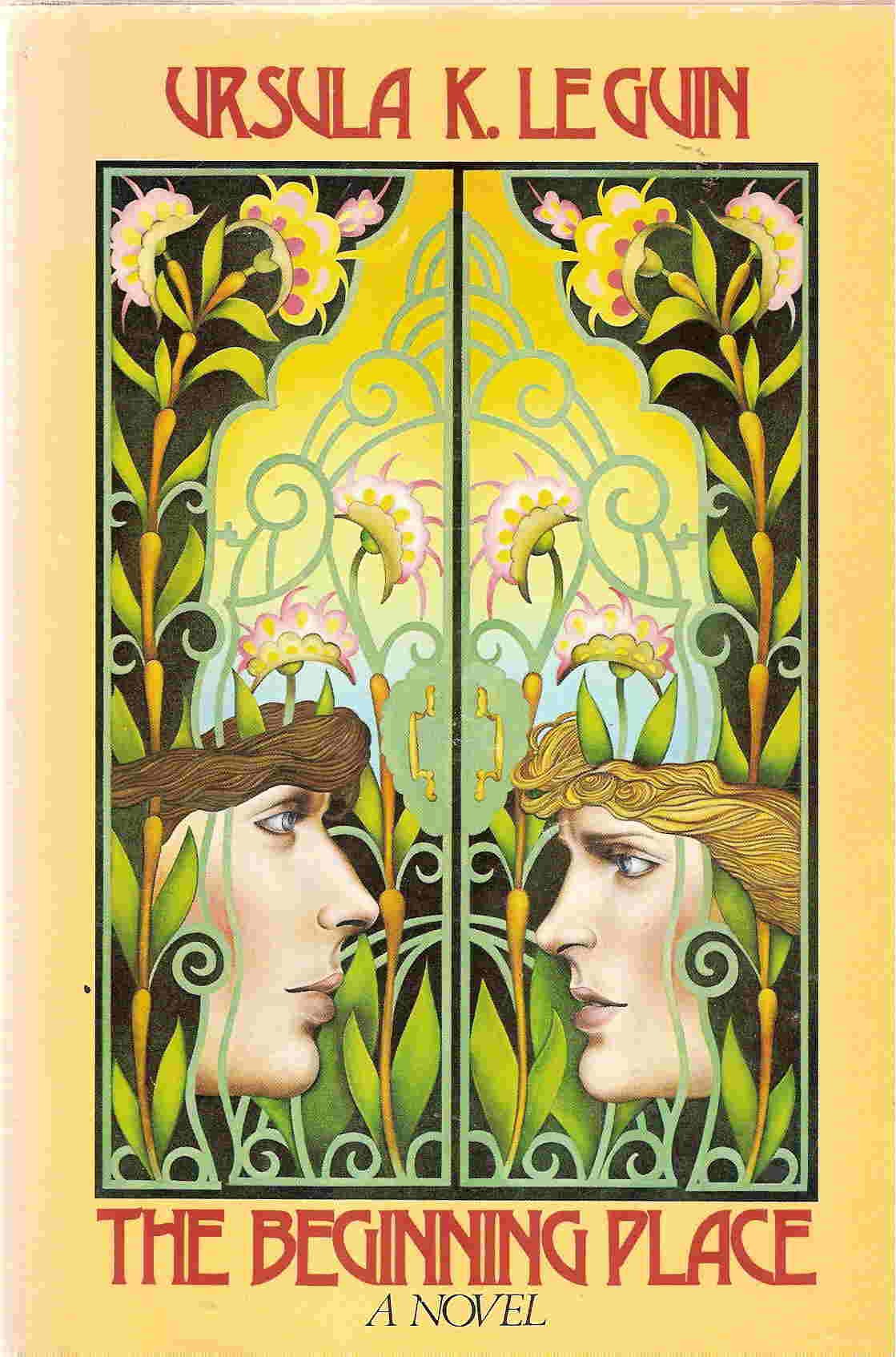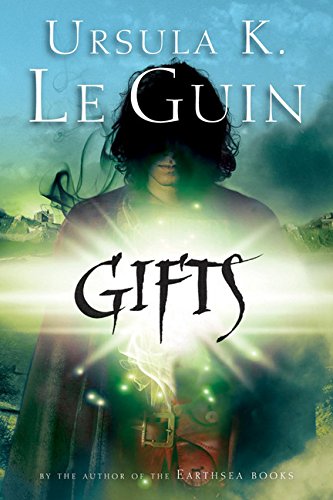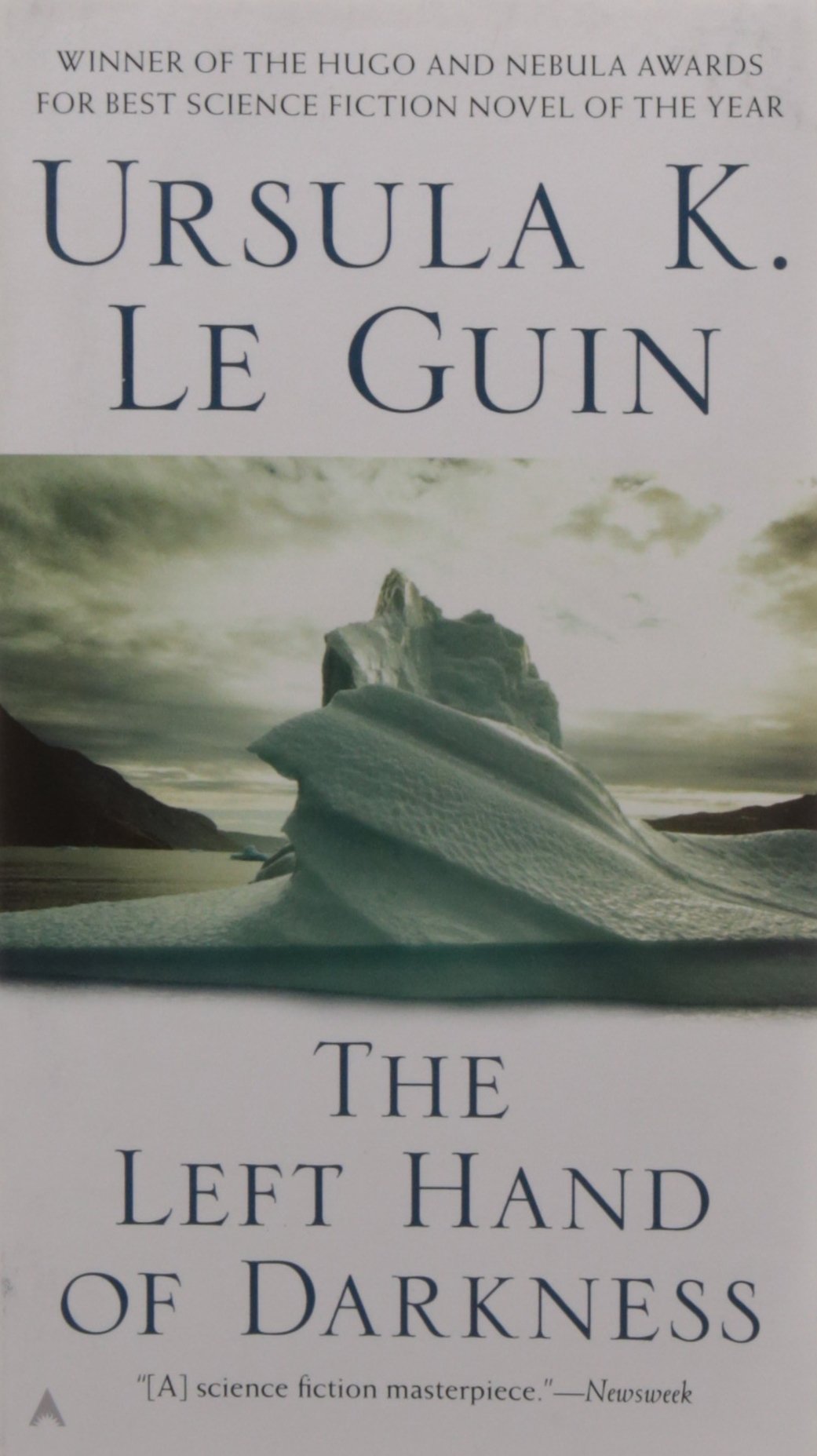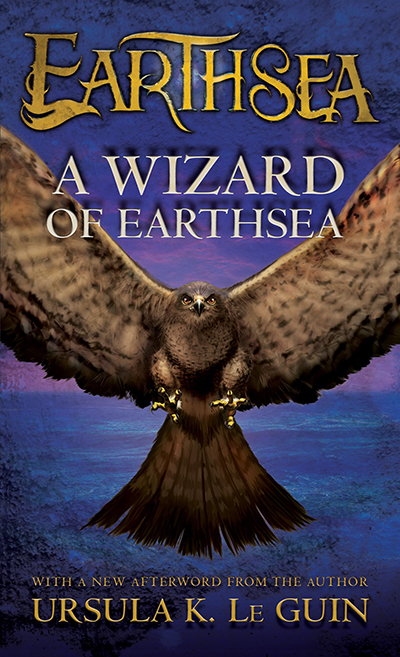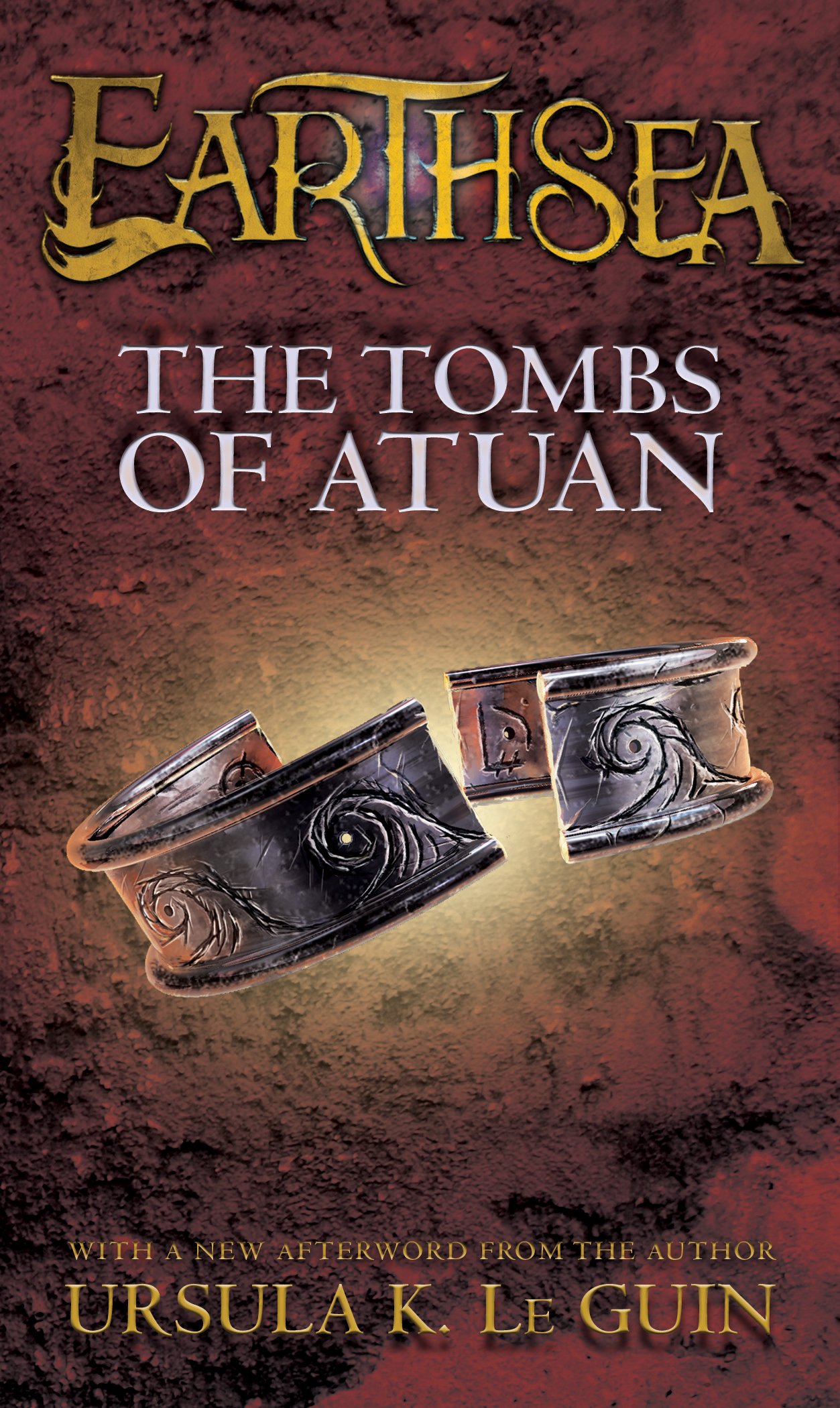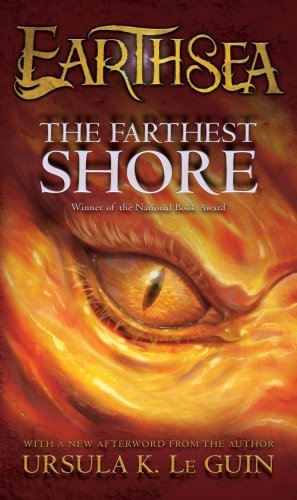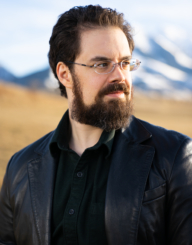Much has been written about Ursula K. Le Guin since her passing, and for good reason. She had a huge influence on our culture. There’s little I can say about her that hasn’t already been said, but sometimes it’s the saying itself that is important. Like so many others, Le Guin’s books had a profound effect on me, both as a person and as an author. Just last month, I reread the first three entries in the Earthsea series, and once again I was struck by the depth of her mastery.
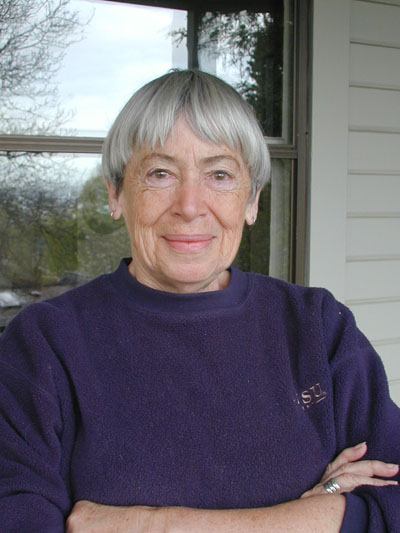
Le Guin was many things, but above all else, she was a writer of metaphor, and metaphor is—I believe—the highest form of expression. At her best, she spoke of things as they exist in the realm of meaning rather than just in the realm of objective reality. Her words were weighted with mythological significance, born out of her knowledge of anthropology and what I can only assume was a great deal of thinking regarding the systems of the world. Because of that, when she told a story, even the most basic of stories—young hero sets out on adventure—she was able to grant it significance far beyond the ordinary.
I never got to meet Ms. Le Guin, which I deeply regret, but one of my most prized possessions is a signed copy of her novel Gifts. Many readers know her Earthsea series and The Left Hand of Darkness, of course, but few are familiar with another of my favorite books: The Beginning Place. It is, again, a metaphor, and all the more powerful for it. Few books so perfectly capture the dream-like quality of liminal places and also the often difficult transitional experience of adolescence. (It’s a fun read too: there’s a grand adventure, a monster to kill, and all the normal trappings one would hope for in an entertaining fantasy.)
The world is a far richer place for Ursula Le Guin’s work, and a far poorer place without her. As must we all, she has traveled on to the farthest shore. But her stories remain, bright candles shining in the dark.

